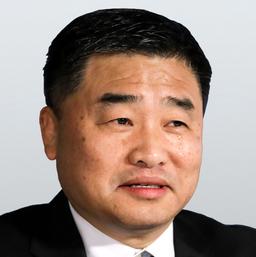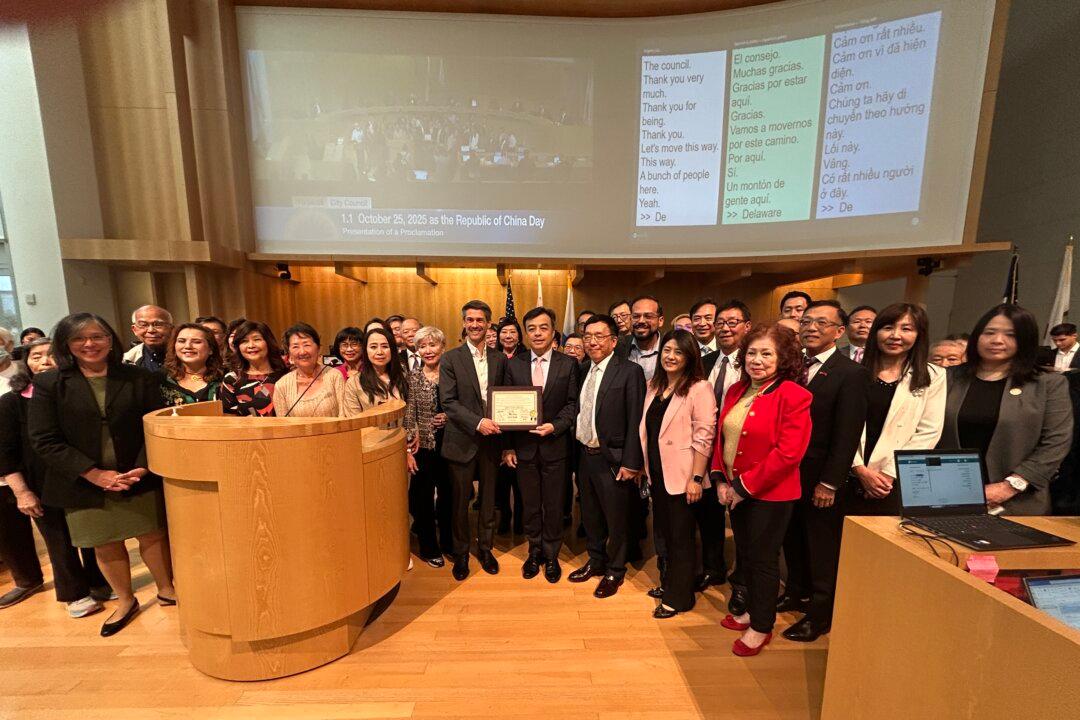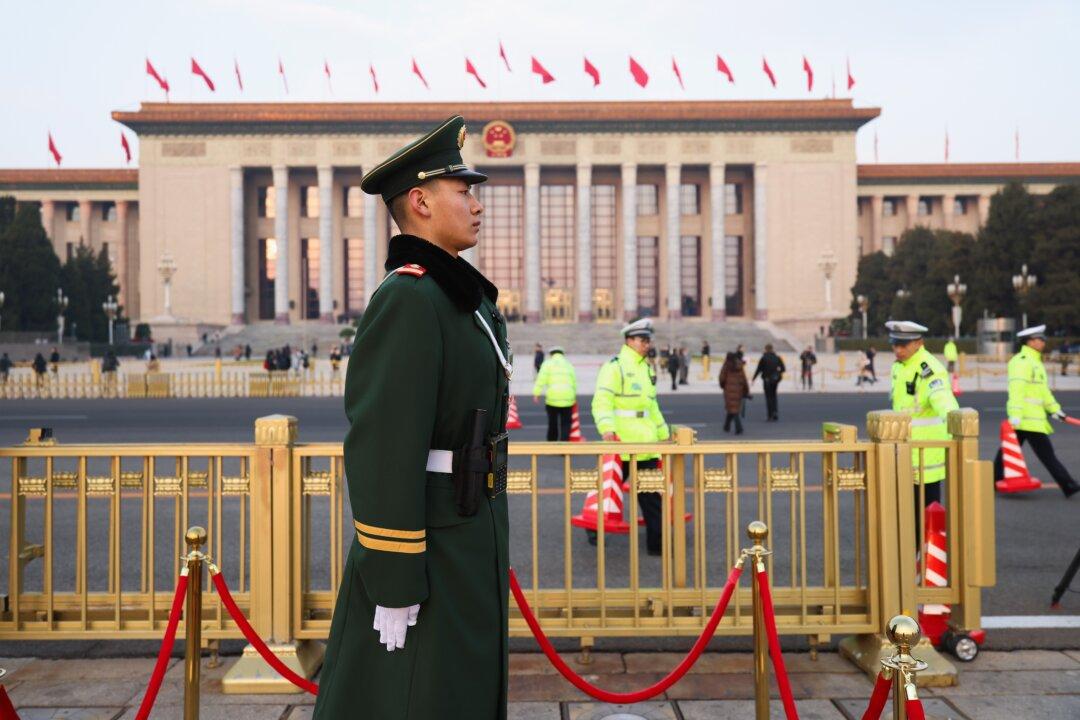SAN FRANCISCO—An instructor’s attempt to encourage freedom of thought among art students from mainland China ended in his being fired.
On Oct. 18, Rico Peng, an instructor teaching at the Academy of Art University (AAU), was terminated because some students from China objected to his belief in Falun Gong, a spiritual practice that is banned in the mainland.





